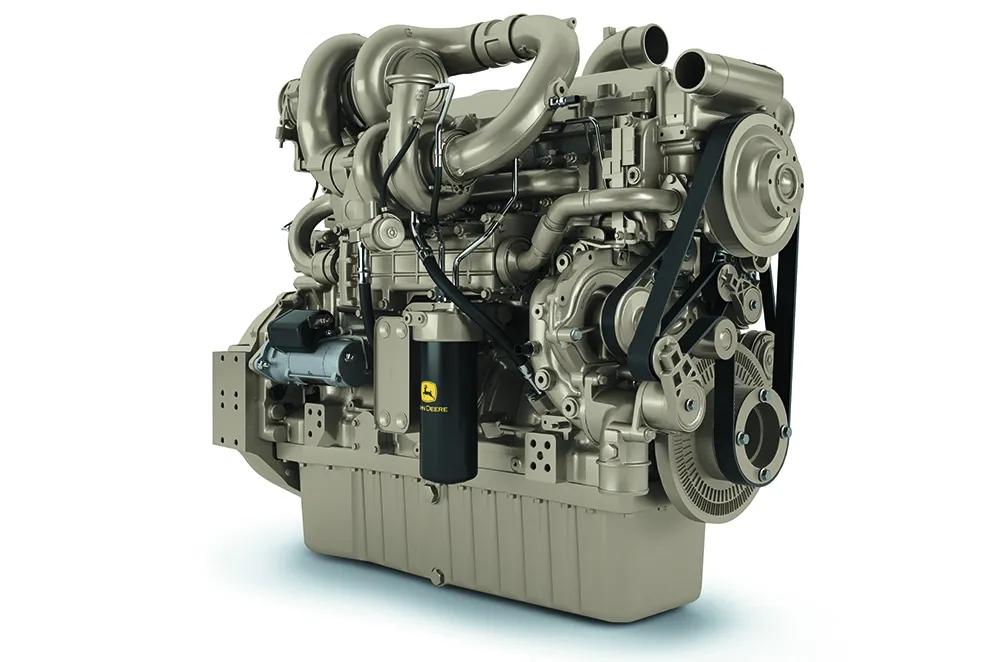An American man has built a jet powered school bus capable of maximum speeds of 587km/h. Explaining that as a school child he found his daily trips in a slow moving school bus frustrating, the man used a surplus engine from a supersonic F4 Phantom jet and a secondhand school bus as the basis for his project.
February 22, 2012
Read time: 1 min

An American man has built a jet powered school bus capable of maximum speeds of 587km/h. Explaining that as a school child he found his daily trips in a slow moving school bus frustrating, the man used a surplus engine from a supersonic F4 Phantom jet and a secondhand school bus as the basis for his project. Custom-built, the turbine powered bus now features few standard components from the original school bus. The man said that he and his associates built the bus to entertain the crowds at drag strip events as well as to deter children from experimenting with drugs and he uses the slogan; "Jets are hot, drugs are not". With its engine on full afterburner the bus is capable of shooting flames over 24m long from its tailpipe, which would certainly deter persistent tailgaters. Fuel economy is somewhat on the low side however, with the bus using 568litres of aviation fuel for each 400m drag strip speed run.








